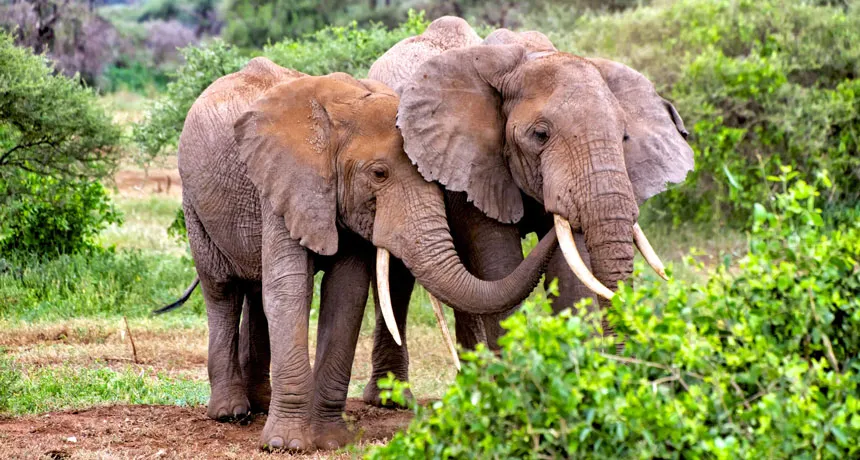A resurrected gene may protect elephants from cancer
LIF6 instructs damaged cells to self-destruct before the disease has a chance to take hold

SECRET WEAPON Elephants have some unique defenses against cancer, including a once-dormant gene that plays a role in killing damaged cells before they have a chance to turn cancerous.
matthieu Gallet/Shutterstock







